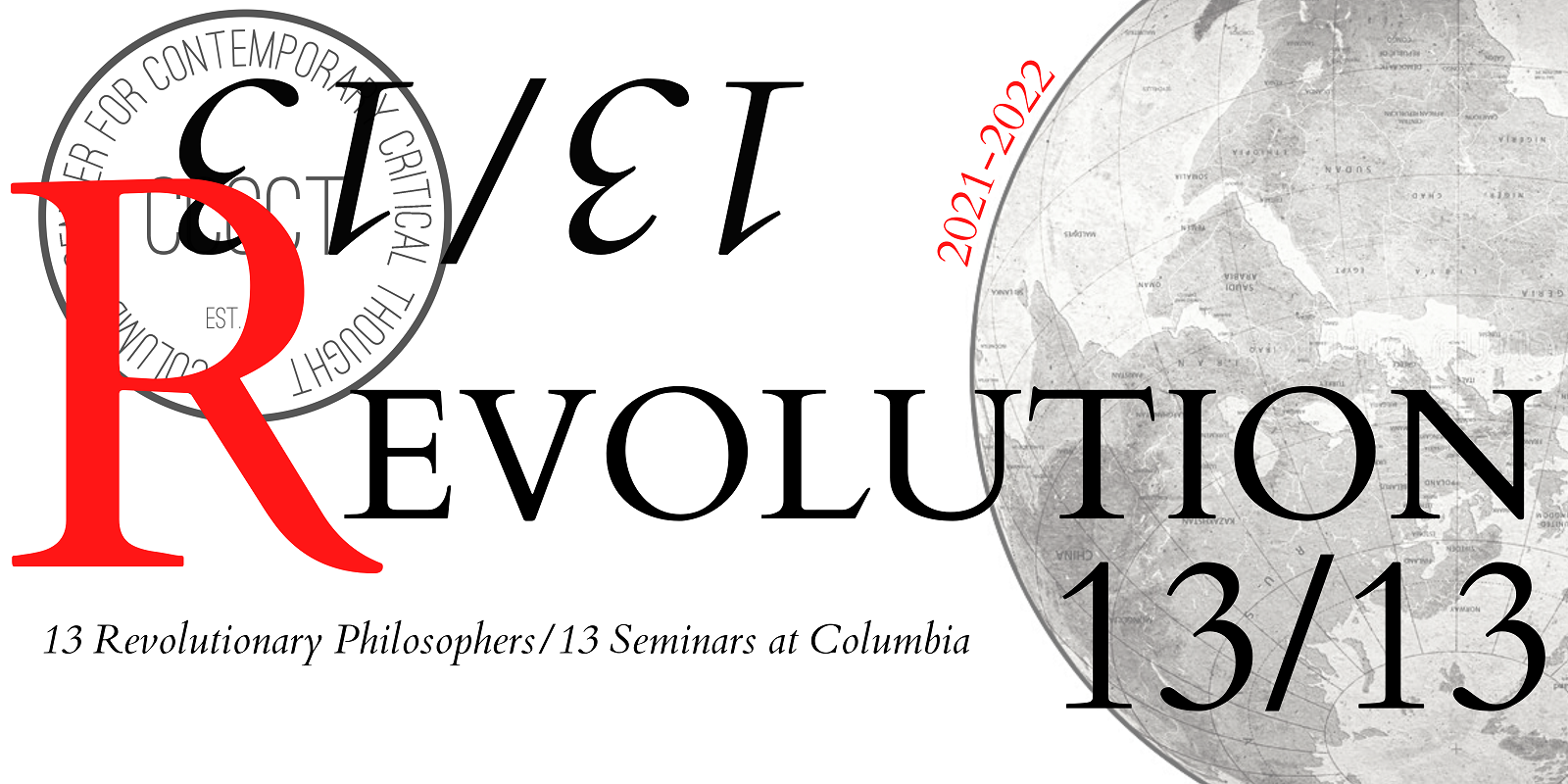Étienne Balibar and Bernard E. Harcourt
read and discuss
Antonio Gramsci’s Prison Notebooks and Jean-Paul Sartre’s Black Orpheus, Presentation des Temps Modernes, and Situations II
in conversation with
Ann Stoler, Biodun Jeyifo, Sarah Bianchi, Giacomo Bianchino, Carmen Dege, Souleymane Bachir Diagne, Stuart Elden, Che Gossett, Robert Harvey, Neni Panourgia, Federico Testa, and Nadia Urbinati
Wednesday, October 27, 2021
Columbia University
* * *
With Jean-Paul Sartre, we come face-to-face with the “engaged” philosopher. The term “engagé ” is one that Sartre used ubiquitously to describe the proper way to act and think. For Sartre, the writer is inevitably implicated. They must take sides. Their failure to call out repression makes them responsible for the oppression—Flaubert and Goncourt were themselves responsible for the repression of the Communards “because they did not write a single line to prevent it.” To write with purpose, to transform society, that is what Sartre admired in the work of the Negritude movement—in the work, for instance of Aimé Césaire, who, Sartre notes in “Black Orpheus,” wrote with conviction, “like a rocket,” to transform society. The project of the engaged writer, of the engaged intellectual, or more simply, of the engaged person must be to transform society, to work toward a just society.
The Gramscian notion of cultural hegemony is what breathes life into that ideal of the “engaged philosopher.” It is the condition of possibility for there to be engaged philosophers—or, more precisely, for engaged philosophers to play a central role in social transformation, rather than to take a second seat to revolutionary political actors or even revolutionary philosophers (what we are calling in this seminar “worldly philosophers,” such as Fanon or Nkrumah). Insofar as the engaged philosopher (such as Sartre), who starts from the same deep training in humanities and social studies as the worldly philosopher, aims to revolutionize fields such as literature, poetry, theatre, or philosophy, their ambition depends on culture having a primary or important role in transformations of society.
In this sense, the notion of cultural hegemony, of “cultural Marxism”—or at least, the interpretation we commonly give to the Gramscian notion of “hegemony”—is what allows critical theorists and philosophers, especially in the academy, to believe that they have a distinct role in social and political transformation. It is what makes possible, or productive, for instance, the turn to subjectivity and practices of the self, or the linking of ethics and politics, or the study of governmentality, or the archeology of epistemological layers of thought: it is only when those ways of being, worldviews, and cultural formations are at the core of human behavior that they acquire a potentially revolutionary dimension.
But what if this cultural work only has traction after a political struggle? What if the cultural engagement cannot serve as the groundwork for social transformation until there has been a genuine political revolution? What if, in fact, all the engaged cultural work is likely to be coopted if the political conditions are not yet right, if the relations of class or race are still trapped in forms of domination? The writings of Luc Boltanski and Eve Chiapello, especially The New Spirit of Capitalism, may exemplify the pitfalls of cultural change in a time of reigning capitalism and class struggle. They demonstrate brilliantly how the cultural revolution of the 1960s—in terms of liberation movements and practices of the self—was coopted and ultimately fed into a new Silicon Valley kind of hipster work environment that has strengthened American capitalism. How then can we engage in cultural transformation that does not bolster existing class and racial structures?
These are some of the questions we will address in conversation with the engaged philosopher Étienne Balibar.
Welcome to Revolution 3/13!
